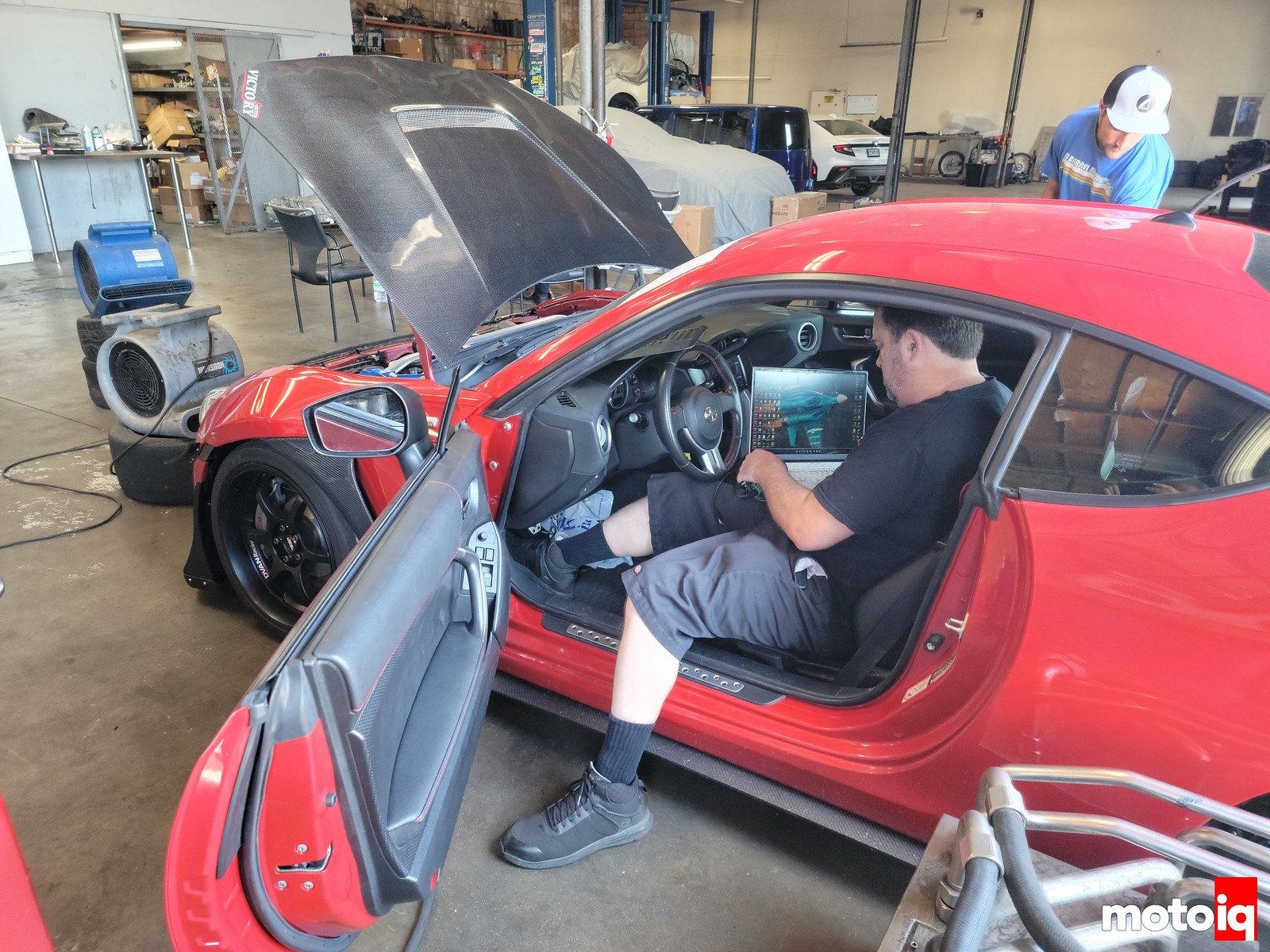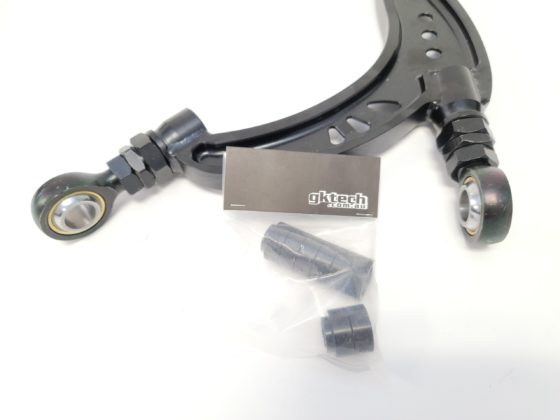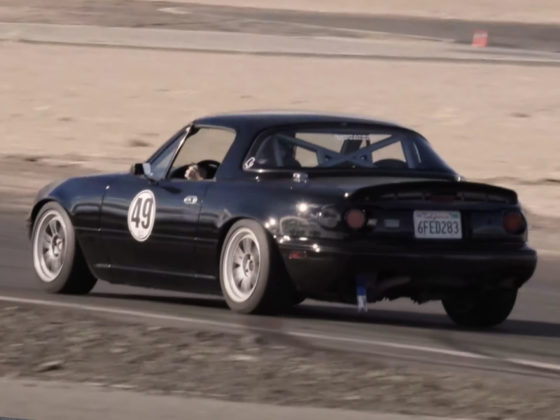
We had been running Project FR-S on the track for a few events. Most of these were at Streets of Willow, a tight course with a lot of turns and not too many straights. The car ran fine but we noticed that the power would drop like crazy after a few laps, seemingly to where the car was losing most of the power that the Innovate Supercharger was providing. We racked it up to heat the soak of the intercooler. Then we did an event at Willow Springs big track, a much more open track with long straightaways and long periods of time at full throttle. During the first session, the car lost power and started idling roughly.

After doing a power balance test, we noted that one cylinder was down on power. We pulled the plugs and noted that the plug in this cylinder was burned. The plugs also indicated that the engine was running super lean. This was not good. The tune that we were running was the OEM tune for the Innovate Supercharger kit that was discontinued many years ago. At the time, ECU tuning for the platform was new and all of the effects of different tables in the ECU were not well known. We thought we had better revisit the tune to see what was going on before the engine was damaged.

We stopped at Church Automotive testing to review the car’s original tune. We spoke to Shawn Church over the phone before we can down and he told us some eye-opening stuff. Church has done the OEM tune for Jackson Racing’s kits and has had a lot of success in tuning cars that have used the Jackson kit in racing. Shawn told us that older tunes shift lean over time and older tunes, before much was known about all of the ECU’s data structure do weird things with the timing, like advancing the timing and causing the engine to detonate when the throttle is lifted after a long wide-open throttle pull! That is a weird issue!




5 comments
Wow. I had no idea DI made such a difference in detonation resistance; those AFRs were crazy lean!
Does this mean that OEM direct injected calibrations for turbo motors are probably just running in the 13s and 14s all the time (including WOT) in the pursuit of fuel efficiency and emissions and pulling timing as needed when any knock is detected?
Modern cars run pretty lean. Especially DI ones.
I hate to nitpick (or do I?) but you should really be running Iridium plugs!
Those are the OEM plugs and also the best for racing in a different heat range. They resist erosion the best.
Shawn is a great tuner and nice guy. He has been our goto for years. He knows his way around most all ECUs.